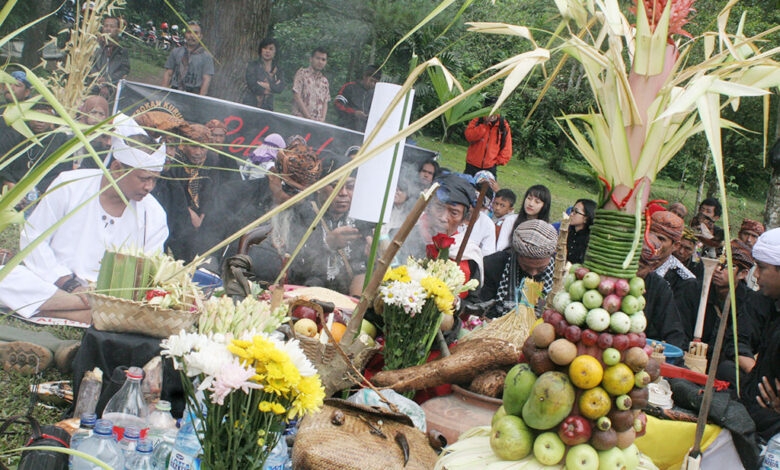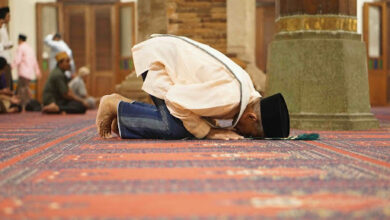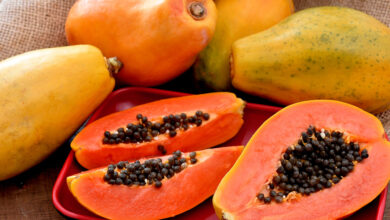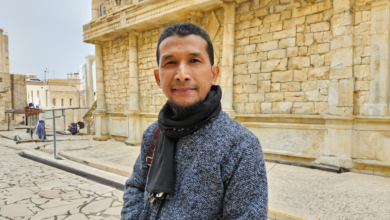About the Wekasan Rebo Tradition

About the Wekasan Rebo Tradition
Assalamualaikum. Ustadz, I want to ask a question.
Is the Rebo Weksan tradition in the Qur'an and hadith? Like what is done in our village, the Wekasan Rebo tradition is commemorated by making cimplo, sweet serabi, peanut porridge, and other seeds that are processed into food. And, is it permissible in Islam?
Thank you, Ustadz.
Greetings, Fulanah
ANSWER:
Peace be upon you and God's mercy and blessings be upon you
Bismillah... Allah SWT is the Creator of time. Good and bad events that occur at that time are according to His will. Humans do not have the power and effort to change the provisions and will of Allah SWT except with His permission.
We must also always be kind to God's provisions even though they are not good for us. Allah Subhanahu Wata'ala says in a hadith qudsi:
ا (رواه الدارمي، ابن ان)
"I am according to what My servant thinks of Me." (Ahmad, Darimi, Ibn Hibban)
Among the traditions of the people in Indonesia is to believe that the last Wednesday of every Hijri month or the Javanese calendar or more specifically the month of Safar is an unlucky day. This is based on the hadith of the Prophet sallallaahu 'alaihi wasallam from the Companions of Ibn Abbas:
اءَ الشَّهْرِ . (رواه ابن الخطيب البغدادي)
"The last Wednesday of the month is the day of continuous bad luck." (Narrated by Waki', Ibn Mardawih, & Al-Khatib Al-Baghdadi)
It's just that the hadith is very weak. Even some scholars such as Ibn Al-Jauzi include it in the category of hadith maudlu '(false).
Because there is another hadith that is more authentic than him, namely:
أَبِيْ الله الَ لَ اللهِ لى الله ليه لم: الَ لَا لَا لَا امَةَ. (رواه البخاري لم)
"From Abu Hurairah ra, the Messenger of Allah said: "There is no infectious disease. There is no belief in the coming of calamity in the month of Safar. There is no belief that a dead person's spirit becomes a flying bird. (Hadith narrated by Al-Bukhari and Muslim).
The tradition of the last Wednesday or in Javanese called Rebo Wekasan/pungkasan stems from the suggestion of Sheikh Ahmad bin Umar Ad-Dairobi (w.1151 H) in the book Fathul Malik Al-Majid Al-Mu-Allaf Li Naf'il 'Abid Wa Qam'i Kulli Jabbar 'Anid or commonly called Mujarrobat ad-Dairobi. Other suggestions are also found in the book: Al-Jawahir Al-Khams by Sheikh Muhammad bin Khathiruddin Al-'Atthar (d. 970 H), Hasyiyah As-Sittin, and so on.
It started from a dream of a scholar that there would be a disaster on every last Wednesday of every month or every Safar. It's just that the dream of a scholar cannot be used as a source of law or sharia.
So to reject the unlucky assumption in the month of Shafar, some scholars have added the word al-khair in the month of Shafar to be Shafarul Khair or the good Shafar.
The culture of making food to be given to those in need is good. It's just that it doesn't need to be devoted to certain times, especially the last Wednesday of the month of Safar which is believed to be an unlucky day.
Doing good or charity will keep us from bad luck. As the Prophet sallallaahu 'alaihi wasallam said:
ائعُ المعروفِ ارعَ السوءِ (رواه الطبراني)
"Good deeds protect from bad (evil)". (Hadith narrated by Tabrani)
Wallâhu a'lam bish-showâb.
Regards!
(Answered by: Ustadz Very Setiyawan, Lc., S.Pd.I., MH)
#SahabatMigran want to consult about Islamic religious issues and life issues? Come on, submit the question via a WhatsApp message to the number +852 52982419. [DDHKNews]



